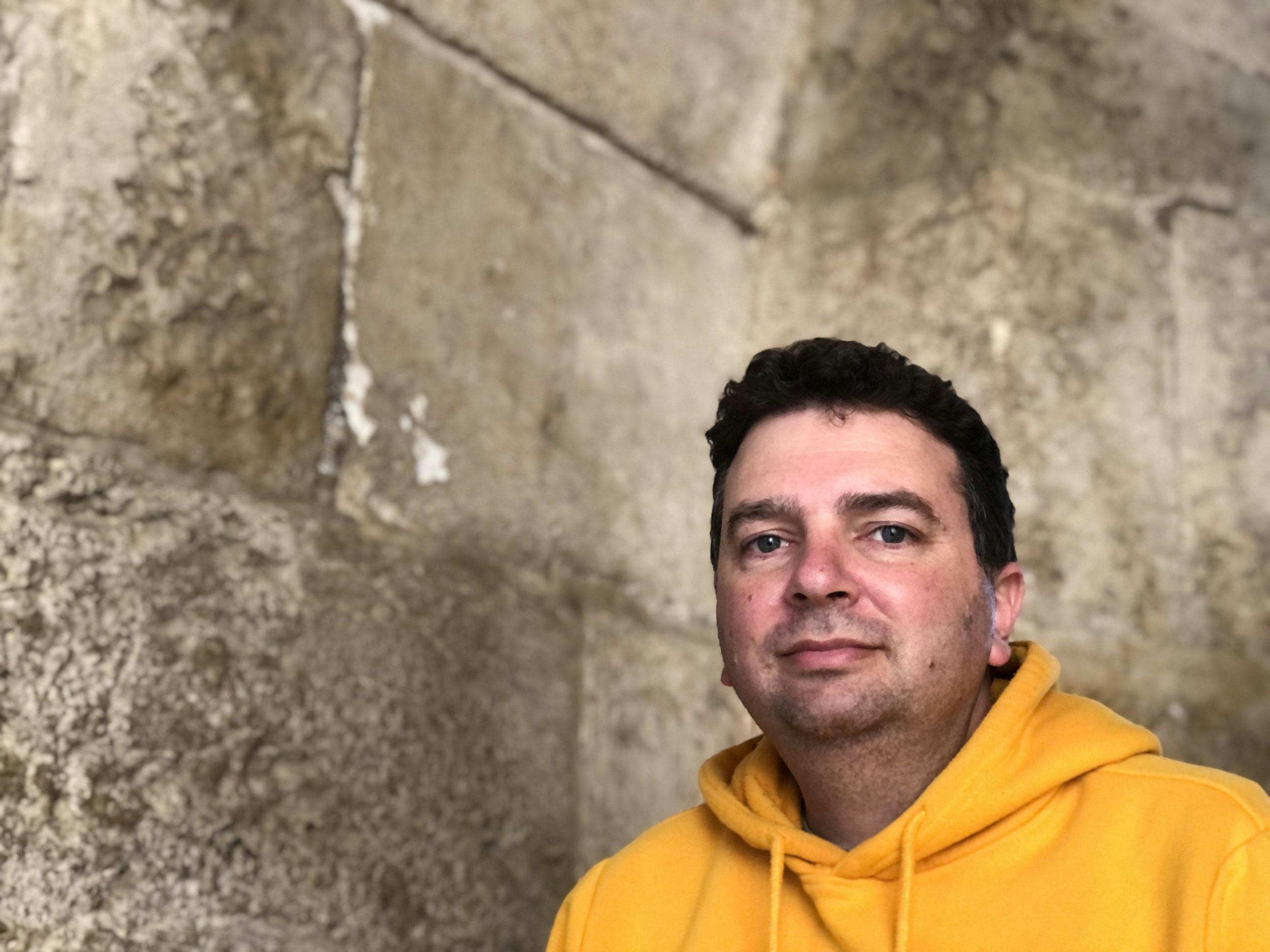Published: 17 November 2023
Last updated: 5 March 2024
There are only two options to deal with Hezbollah, both problematic: defensive containment or a military campaign to push the threat back from the border.
The unprecedented attack by Hamas last month appears to be leading Israeli policymakers and military leadership to implement major changes to Israel’s security doctrine.
For years, Israel has accepted Iran’s proxy para-military organisations (Hamas in Gaza, Hezbollah in Lebanon) being stationed near its borders. The answer to those threats was a strong defensive position combined with deterrence based on the IDF’s superior firepower.
The aim of this policy was to contain Hamas and Hezbollah and allow Israel to focus on the threat posed by Iran’s nuclear ambitions. Tragically, this policy was wrong, as was Israel’s faith in the massive barrier it built around Gaza to prevent a Hamas ground attack.
It is clear Israel needs to revise the long-standing doctrine of engaging in a military confrontation only as a last resort to prevent an immediate threat.
This has implications for the situation in Lebanon, which is more complicated than Gaza because Hezbollah’s military capabilities are far superior to those of Hamas. Over the past few years, Israeli villages and settlements along the border with Lebanon have been under serious threat of a surprise ground attack by Hezbollah.
Its elite Redwan force is estimated to number 2500 highly trained fighters stationed at posts along the Israeli border. Hezbollah’s propaganda had not attempted to hide this force’s main goal: penetrating Israel and taking IDF posts and civilian settlements under the slogan “conquering the Galilee”. This call is no longer seen as merely propaganda.
The concept of a surprise attack by Redwan was “a high risk, low probability” scenario and Israel’s main response has been defensive efforts to curb Hezbollah's capability to carry out this plan.
An above-ground border barrier was built in areas considered vulnerable, and in 2018 the IDF exposed and destroyed underground tunnels dug by Hezbollah for cross-border incursions.
Lebanon is even more complicated because Hezbollah’s military capabilities are far superior to those of Hamas.
Nevertheless, Israel did nothing to prevent the presence of the Redwan fighters stationed at the border, even though their presence was a clear violation of UN Security Council resolution 1701 which ended the 2006 war between Israel and Hezbollah and stated that the only armed group allowed to operate in southern Lebanon was the Lebanese Armed Forces (LAF).
The weakness of the LAF and the incompetence of the international force (UNIFIL) stationed in the area to assist the LAF, together with the lack of political will by the Lebanese government to confront Hezbollah, has meant that the UN resolution was never implemented, leaving Hezbollah to operate freely in the area.
For years, this reality was acceptable to all and the border was quiet. This immediately changed after Hamas attacked Israel on October 7.
In the days and weeks following the attack, Hezbollah launched attacks against IDF posts along the border. At the same time, Hamas and other Palestinian terror groups in Lebanon tried to penetrate Israel and launched rockets that reached as far as the outskirts of Haifa, Israel’s third largest city.
Israel evacuated the civilian population along the border (some 60,000 people), and massively reinforced the IDF’s presence in the area. This new reality is unacceptable in the long term, and Israel’s tolerance to the ongoing attacks is eroding.
Officially, Israel says it wishes to focus its military campaign in Gaza and is adhering to US calls not to open a second front in Lebanon.
However, both Israel’s political leaders and public now believe the return of the evacuated civilians to their homes cannot happen if Hezbollah terrorists keep their posts adjacent to the border.
Until today, Israel’s main response has been defensive efforts to curb Hezbollah's capability to carry out this plan.
This, combined with the rising death toll caused by Hezbollah attacks along the border, is likely to see Israel call for a major change in security arrangements on the Lebanese side of the border.
Preferably, this would be achieved through an agreement with the Lebanese government, the US and other international actors to fully implement the UN resolution. The result would be the removal of Hezbollah’s military presence in southern Lebanon.
HHhowever, Hezbollah will never agree to such an agreement and the above-mentioned parties would be either unable or unwilling to enforce it.
This leaves Israel two choices: accept the new reality at the border and contain the daily skirmishes with Hezbollah or launch a military campaign to drive Hezbollah from the border.
Both options are problematic. The first would leave Israelis living near the border vulnerable and the second would almost certainly lead to a full-scale war with Hezbollah and the possibility of a wider regional conflict.
The next few weeks will be critical as the international community increases pressure on Israel to stop the IDF operation in Gaza. Israel is then likely to turn its military focus to Hezbollah and the decisions it makes could have dramatic repercussions for Israel’s security.
Photo: Hezbollah militants shout slogans during the funeral of a Hezbollah fighter who was killed in southern Lebanon, November 6 (EPA/Wael Hamzeh)




